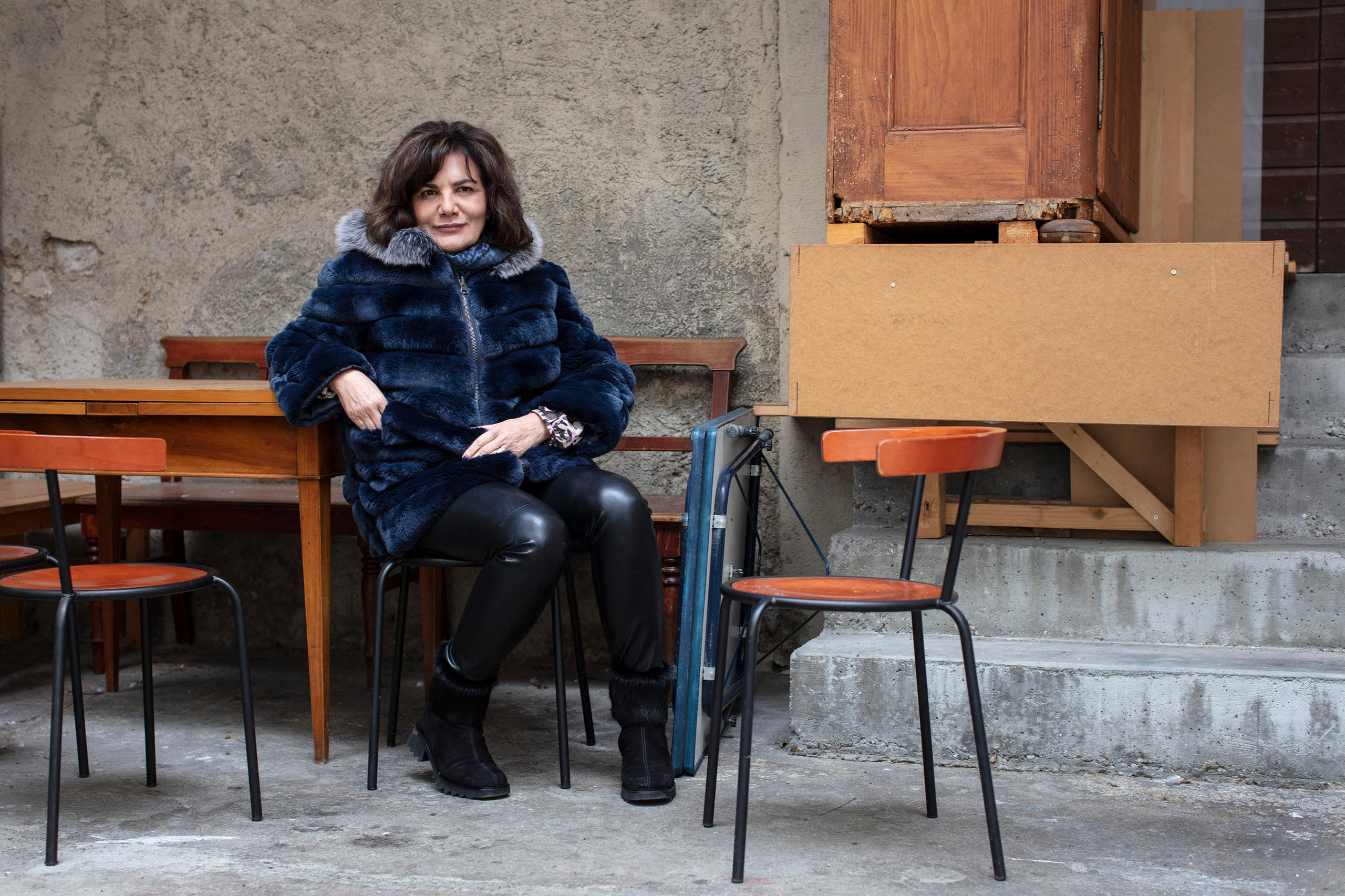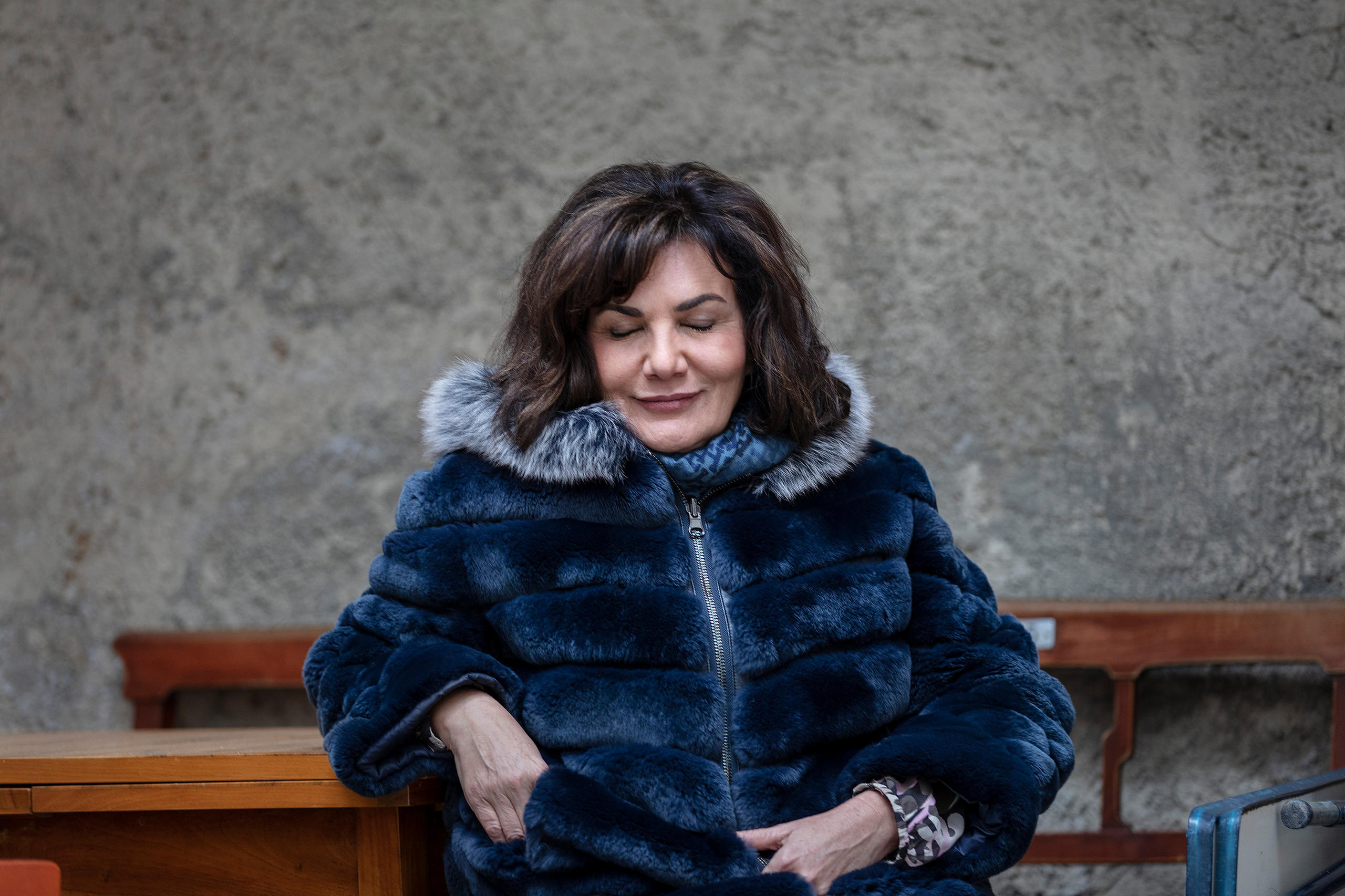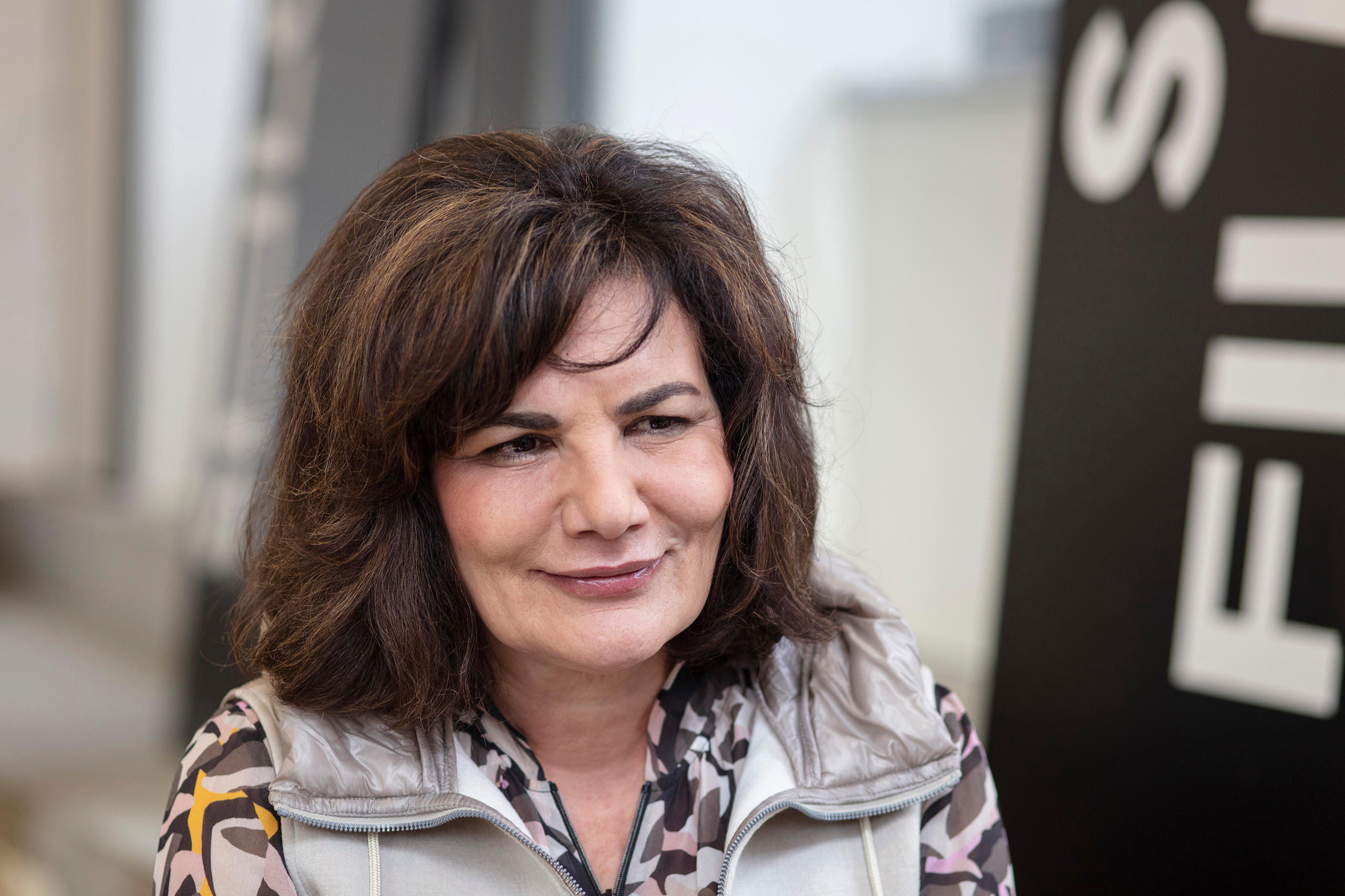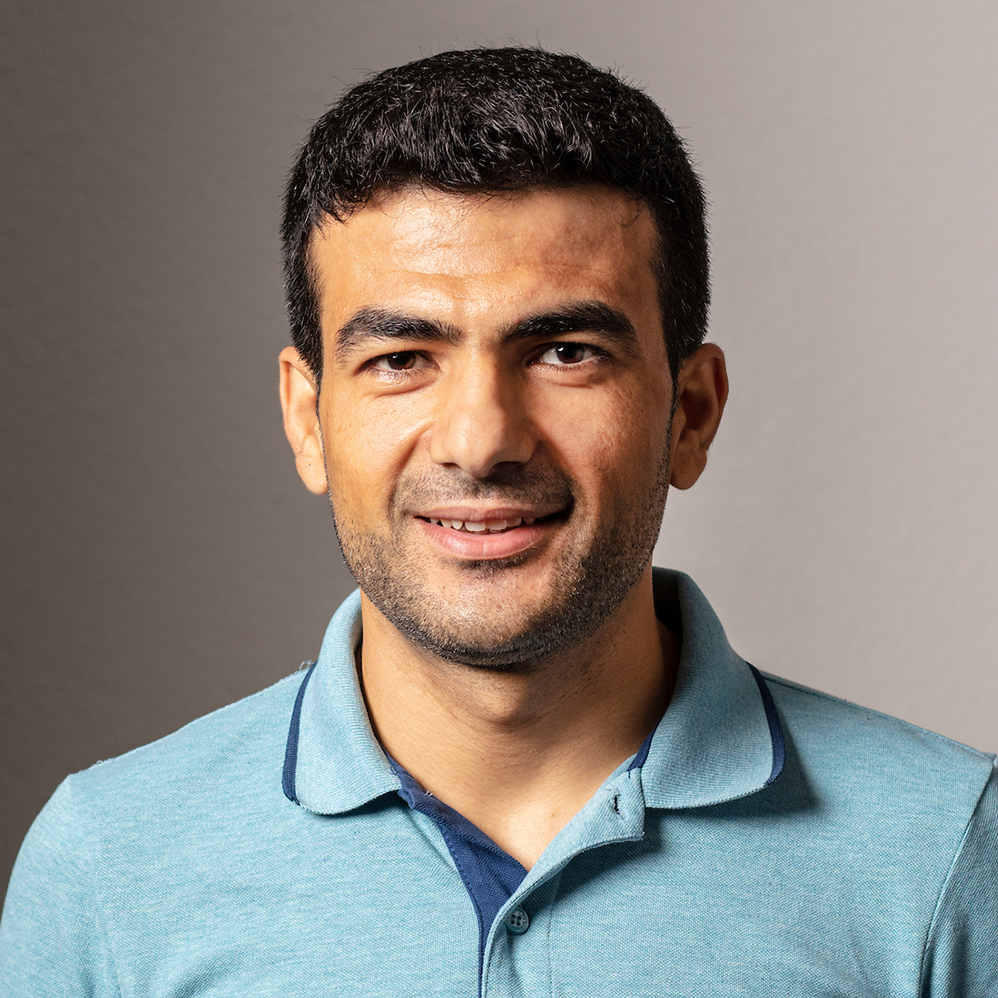
Nadia Fares: ‘My father was the victim of a Swiss patriarch’

In her documentary Big Little Women, the Swiss-Egyptian filmmaker Nadia Fares explores the impact of patriarchal traditions in Switzerland and Egypt, revealing them to be mirror images.
In Egypt, the lives of women differ greatly. Some women are activists who demonstrated against the regime at Cairo’s Tahrir Square during the 2011 Arab Spring; some are in the medical profession, and some work as Uber drivers. But there are others who never leave home without a headscarf, bring up the children and do everything in their power to marry off their daughters.
But no matter their job or background, they all live in a patriarchal system where they have to survive in different roles. This may come as little surprise to Western readers, but who in Egypt dares to fight for women’s rights? And does a strong feminist awareness exist there?
Nadia Fares has put this struggle at the centre of her documentary Big Little Women, which was shown at the Solothurn Film Festival in January and was nominated for the Prix de Soleure award. In it, three generations of Egyptian feminists talk about their families and their lives as activists. The film, Fares says, honours the courage of all women who fight for equal rights in the East and West. Fares herself is one of the feminists in the film.

“Egypt is a class-ridden society. Men have the last word in the lower classes, no matter whether they are right or not,” she explains. And even though the women living in Cairo’s disadvantaged neighbourhoods, which appear in the film, can now pursue an education or express their opinion, they are not allowed to live alone or take off their headscarves without permission from their fathers or husbands. “Patriarchy is a lot more subtle in the middle and upper classes, but it still exists,” Fares says.
Nadia FaresExternal link was born in Bern in 1962. She is a director, screenwriter and producer based in Geneva, Los Angeles and Cairo.
Her first feature film, Honey and Ashes (1996), was internationally acclaimed as a ground-breaking portrayal of contemporary Arab women. Her screenplay Diplomatic Corps was accepted into the New York Writers Lab in 2018 and was supported by Meryl Streep and Nicole Kidman. Big Little Women is her first documentary film.
Egyptian feminism
Big Little Women also looks at the younger generation of women who have different visions, who don’t want to marry and have children. Their dream is to travel and be financially independent.
The three protagonists – Nouran Salah, Noha Sobh and Amina Alwahany – belong to this young feminist generation. In the film they ride their bicycles around Cairo and stop to interview women in the streets about their lives, their rights and their freedom. Most of the women tell them that male dominance prevails in their households, but at the same time even in the poorest areas women show their determination not to be subjugated. The women explain to the cycling interviewers that no man would dare insult or sexually harass them, as “we’re more masculine than any man on the street”.
The film also shows the three main characters having conversations with their own families, above all with their fathers, which is an indication that they have already gained a certain degree of freedom to contradict men and question male authority.
Nawal El Saadawi, the pioneer of feminism throughout the Middle East who died in 2021, speaks in the film as a representative of an older feminism. She tells of her own experiences, how she was able to liberate herself as a woman and the price she had to pay for it. She tells of her imprisonment and her exile.
“El Saadawi put all her energy into this cause until the day she died. She strived to pass on her fighting spirit to the young generation in Egypt and in other countries,” Fares explains. “She was especially committed to the fight against the repression of sexuality.”
According to Fares, there is a clear difference between El Saadawi’s activism and the activism of the younger feminist generation in Egypt.
The ‘cool’ patriarch as victim
It is not only women who struggle in these patriarchal societies. As El Saadawi explains, men also have to adapt to the behavioural norms that Middle Eastern societies impose on husbands and fathers. A man who is unable to control his wife and daughters earns contempt or is ostracised from society.
With Big Little Women, Fares pays tribute to her late Egyptian father, whom she describes as “a cool patriarch”. The fate of her father, who married a Swiss women, reminds us that patriarchy also exists in Switzerland.

Fares’s Swiss grandfather didn’t want his daughter to marry an Egyptian. He couldn’t prevent the wedding, but he did everything in his power to force her father to leave the country and his family. “My father was the victim of a Swiss patriarch. It was my grandfather’s doing that the Swiss authorities sent my father back to Cairo,” Fares says. By telling her own story and that of her father, Fares explores the other side of patriarchy: men can also be victims of the system.
She believes that patriarchy is still ubiquitous in Switzerland. “Unequal pay is still a problem in Switzerland. Solidarity among men is stronger and does not cross gender lines. I can feel this in my job as a filmmaker. Female directors are accepted, but they have to fight much harder to earn credibility than men. Men are also more likely to get larger budgets for their films than women. Patriarchy exists in Europe just as much as in Egypt, it just looks a bit different.”
Edited by David Eugster. Translated from German by Billi Bierling.
Nawal El Saadawi (1931-2021) was an Egyptian feminist, author, physician and activist who had been committed to the fight for women’s rights in Egypt and the Arab world since the 1970s.
She published several books and articles that denounced the oppression of women in Egypt and the Arab region and openly expressed her views on gender equality. She founded an organisation that advocates for women’s rights in Egypt and supports women in rural areas.
El Saadawi received criticism and death threats for her work, especially from conservative and religious circles. However, she continued her fight and became a vital voice in Egyptian and international feminism.

More
Zurich film festivals focus on women and Arabic culture

In compliance with the JTI standards
More: SWI swissinfo.ch certified by the Journalism Trust Initiative































You can find an overview of ongoing debates with our journalists here . Please join us!
If you want to start a conversation about a topic raised in this article or want to report factual errors, email us at english@swissinfo.ch.